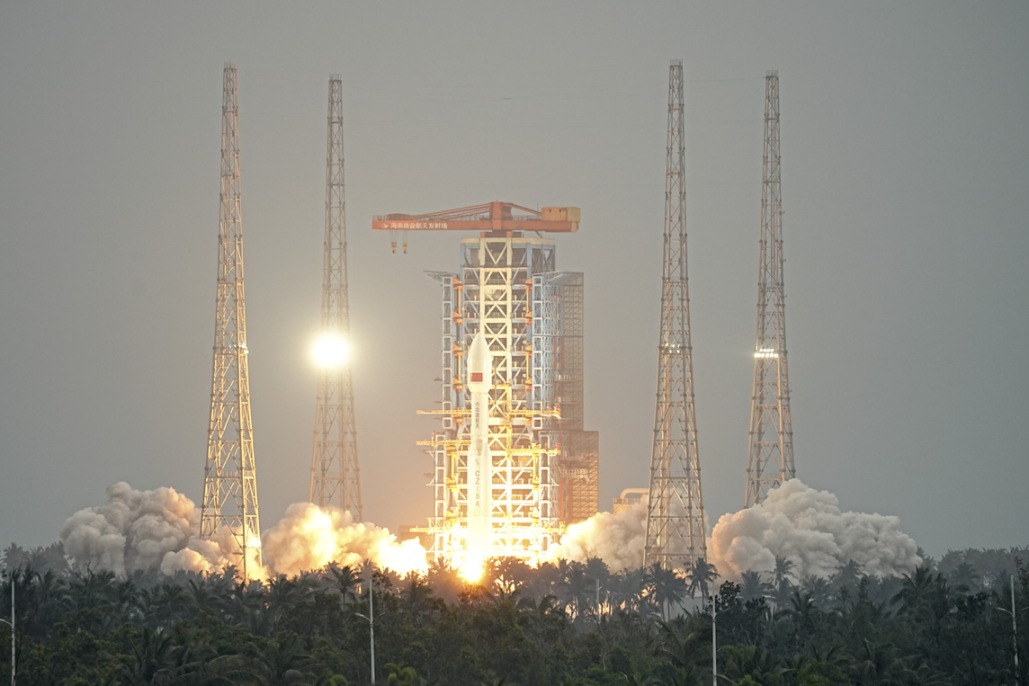Tea time rides bubbles of new popularity


Deep-rooted tea culture
For Yang, the welcoming lounge space in Heytea and Naixue's Tea, located in upmarket malls and resembling an opulent coffee shop, makes it a hip place to socialize over drinks - although the real issue is getting a table in the store, which is not easy. Heytea's minimalist concrete interiors, neon signs and decorative details with industrial style are must-use selfie background imagery for social media posts.
The major conclusions that can be drawn from the soaring popularity of bubble tea in China is that Chinese are still tea drinkers, according to the latest report from market research company Daxue Consulting released in April.
Despite so much talk about China becoming a realm of coffee, tea remains a staple among its people. Overall annual tea consumption in China far exceeds that of coffee, with figures expected to reach 669,500 tons for tea, and 80,718 tons for coffee in 2020, according to Statista.
The time-honored tradition dates back to the Tang Dynasty (618-907), when tea became a mainstream drink in the nation, and the trendy beverage of bubble tea has its historic roots in ancestors' practices where black tea was often drunk with butter, cream, milk, and other additives like salt and sesame.
As China's consumers thirst for milk tea is unquenchable, some are betting big on the country to incubate its own food and beverage giant like Coca-Cola. But Wong says there is a still long way to go for that to happen.
"Currently, Heytea and Nayuki (Naixue's Tea) aside, we are seeing a great deal of Chinese food and beverage companies such as Tsingtao that have regional reach in their respective industries like beer, but none of these has the scale of Coca-Cola," Wong noted.
The success of Coca-Cola, he pointed out, lies in its century-long brand building and formula forming efforts as well as in the rise of American power. When the United States succeeded in leading the world in the 20th century, its companies prospered in a sense that corporate America set an example for companies in other parts of the world to follow.
"Therefore, with the continued rise of Chinese power, Chinese companies will be gradually able to set rules and yield greater influences over the corporate world in the future," Wong said.
- 6.6-magnitude quake hits waters off Taiwan: CENC
- China seeks public feedback on draft rules for anthropomorphic AI services
- China's top legislature concludes standing committee session
- China adopts revised Civil Aviation Law
- China launches satellite to aid in early extreme weather detection
- Report on mining accident that killed 6 suggests accountability for 42 individuals





































